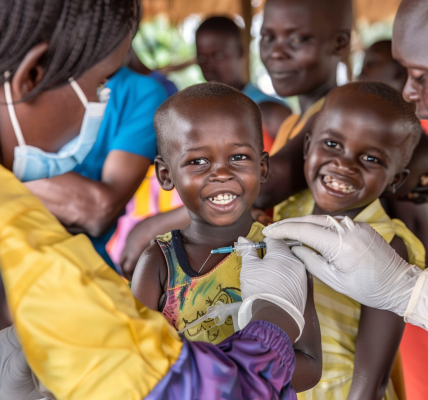In a startling revelation, Dr. Anthony Fauci, the former director of the National Institute of Allergy and Infectious Diseases, shared his personal battle with the West Nile virus, a disease transmitted by mosquitoes, which left him grappling with severe health challenges. After decades of fighting viruses globally, it was a mosquito bite in his own backyard that nearly incapacitated him.
Dr. Fauci’s ordeal began in mid-August when he experienced unexplained fatigue and exhaustion. Initially attributing his symptoms to a previous Covid-19 infection, he soon found himself in a dire situation. Despite having tested positive for Covid-19 a month earlier, he believed the lingering symptoms were merely a continuation of that illness. However, as his condition worsened, he was admitted to a hospital on August 16, presenting with a high fever of 103 degrees and severe delirium.
During his five-and-a-half-day hospital stay, Dr. Fauci’s health continued to decline, and physicians suspected sepsis, administering antibiotics in hopes of stabilizing his condition. It wasn’t until after his discharge that blood tests confirmed the shocking diagnosis: West Nile virus.
The West Nile virus, which has no specific treatment, left Dr. Fauci to confront its debilitating effects on his body. He described the experience as terrifying, recounting how he struggled to perform basic tasks such as sitting up in bed, standing, or walking without assistance. The physical toll was immense, but the cognitive effects were equally alarming. Dr. Fauci experienced disorientation, memory loss, and difficulty recalling simple words, leading him to fear that he might never fully recover.
This personal account sheds light on the dangers posed by mosquitoes, which are often overlooked as mere nuisances. The West Nile virus can cause serious illness, and its impact can be devastating, as experienced by Dr. Fauci. His story serves as a reminder of the importance of mosquito control and public health awareness regarding vector-borne diseases.
Dr. Fauci’s experience is particularly significant given his extensive background in infectious diseases. Having dedicated over 50 years to understanding and combating various viruses, he never anticipated that a common mosquito could deliver such a formidable foe right at home. His battle with the West Nile virus emphasizes the unpredictable nature of infectious diseases and the necessity for ongoing vigilance in public health.
As more cases of West Nile virus are reported, it becomes crucial for communities to implement effective mosquito control measures. This includes eliminating standing water where mosquitoes breed, using insect repellent, and wearing protective clothing. Public health campaigns can play a vital role in educating individuals about the risks associated with mosquito bites and the symptoms of West Nile virus.
Dr. Fauci’s harrowing experience has not only raised awareness about the West Nile virus but has also highlighted the resilience required to overcome such health challenges. His story is a testament to the human spirit’s ability to fight back against adversity, even when faced with unexpected health crises.
In light of Dr. Fauci’s experience, it is essential for everyone to take proactive steps to protect themselves from mosquito bites. By staying informed and adopting preventive measures, individuals can reduce their risk of contracting mosquito-borne diseases. The importance of community efforts in managing mosquito populations cannot be overstated, as it plays a crucial role in safeguarding public health.
As the seasons change and mosquito activity fluctuates, maintaining awareness and preparedness is key. Dr. Fauci’s story serves as a powerful reminder that even the most experienced experts can be vulnerable to the threats posed by nature, underscoring the need for continued research and public health initiatives aimed at combating vector-borne diseases.





